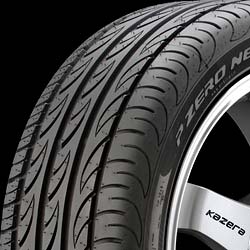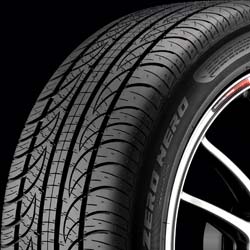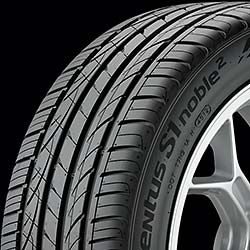Originally Posted By: Jeffs2006EvoIX
Getting off point sorry.....Warranty on tires means nothing to me. Grip does.
Im out of the track scene now with the GTI, Talking tires is like talking Oil everyone has an opinion and what works on one application and driving style wont work on another.
It is what it is. Trial and error like everything else with cars.
Jeff
you seem to be reading half the replies then misunderstanding what they were saying then posting off on a tangent.
I suggest reading and understanding the posts before replying.
also both extreme and max performance are Dot tires.
There is a separate tirerack category for track tires.
(since the op was talking about tirerack)
Getting off point sorry.....Warranty on tires means nothing to me. Grip does.
Im out of the track scene now with the GTI, Talking tires is like talking Oil everyone has an opinion and what works on one application and driving style wont work on another.
It is what it is. Trial and error like everything else with cars.
Jeff
you seem to be reading half the replies then misunderstanding what they were saying then posting off on a tangent.
I suggest reading and understanding the posts before replying.
also both extreme and max performance are Dot tires.
There is a separate tirerack category for track tires.
(since the op was talking about tirerack)
Last edited:






